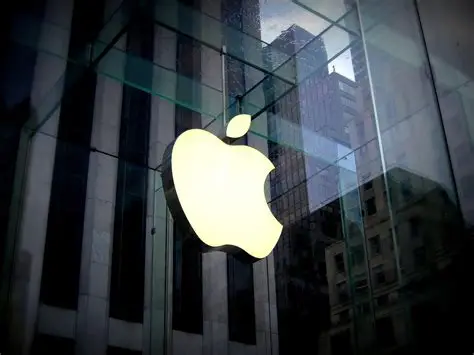Apple is preparing to unveil what is expected to be its thinnest iPhone yet during its annual product event on Tuesday. The presentation, promoted under the tagline “awe-dropping”, will take place at the Steve Jobs Theatre at the company’s headquarters in Cupertino, California, at 10am Pacific Time.
The forthcoming iPhone 17 range is anticipated to include the standard, Pro and Pro Max models, alongside a new addition named the iPhone Air. Industry observers believe the iPhone Air will be the lightest flagship handset Apple has produced, drawing comparisons with the company’s slim MacBook Air laptops. Apple has not confirmed the details but has not denied the widespread reports.
Alongside the new smartphones, Apple is expected to introduce the Apple Watch Series 11 and an updated version of its AirPods wireless earphones. Speculation suggests the latest AirPods could feature live translation, a function already available on Google’s Pixel Buds.
The company is also likely to announce release dates for its next-generation operating systems: iOS 26 for mobile devices and macOS Tahoe for desktop computers.
The product launches come amid uncertainty over tariffs introduced by United States President Donald Trump, which threaten to disrupt Apple’s global supply chain. A proposed levy on goods from China could lead to significant price increases for consumers. Analysts have warned that customers may face higher costs if they choose to upgrade their devices. Chief executive Tim Cook has sought to ease concerns, saying the company has shifted a substantial portion of its manufacturing from China to India and expedited shipments of iPhones to the United States ahead of the tariffs taking effect.
Attention will also be on any updates to Apple Intelligence, a suite of features designed to enhance the iPhone’s capabilities, which debuted in October 2024 to mixed reviews. A promised overhaul of the Siri voice assistant did not materialise last year, an unusual departure from Apple’s record of delivering on public commitments.
During a July earnings call, Mr Cook said the company was “making good progress on a more personalised Siri” and pledged a release next year. Reports have also indicated that Apple has held discussions with Google about integrating its Gemini technology into Siri, similar to the arrangement under which Google provides the search engine for Apple’s Safari browser.
Market analysts have increasingly viewed Apple as lagging behind rivals in the field of artificial intelligence, with Google already embedding advanced features into its Pixel smartphones. Investors and consumers will be watching closely to see how Apple addresses these perceptions at the event.



